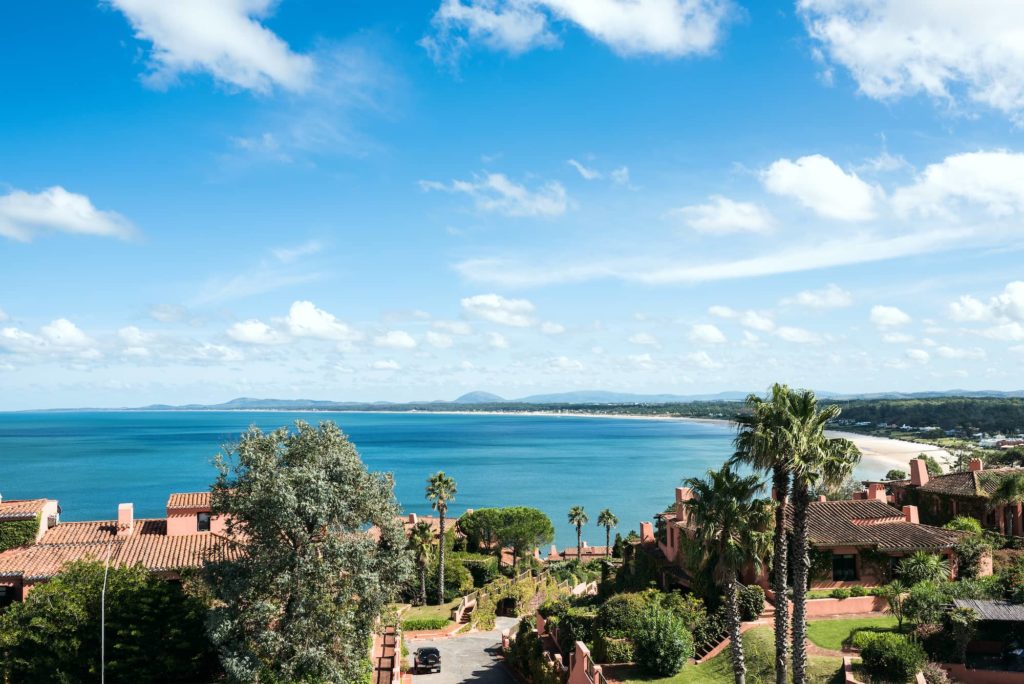Punta Del Este will host the China-Latin America and Caribbean Business Summit 2017
China expressed support for the city of Punta del Este in Uruguay to be headquarters of the China-Latin America and Caribbean Business Summit 2017, as well as the opening of a trade office for the promotion of the International Trade (CCPIT) in Uruguay. Tourism infrastructure, communications, services and mutual promotion of the countries as tourist destinations are on the agenda of both governments for this Summit.
Eyes on China for Free Trade Agreement
It is on Uruguay`s immediate business goal to obtain a Free Trade Agreement with China. Bilateral trade evolution between the two countries and the increasing diversification of the export basket of Uruguayan goods to the Asian giant is the main reason.
If you think that for every Uruguayan there are 407 Chinese, then the Free Trade Agreement (FTA) with China will leave open channels to close treaties that will allow Uruguayan local companies to project in that market. Since 2001, the economy has been growing and between 2007 and 2008, with the crisis in the United States, China became the second largest economy and the leading exporter of goods in the world and second largest importer.
Made in China
China is no longer a country that floods the world with cheap goods, intensive labour and low quality. China today is a country that has international insertion into manufactured products that reach capital goods, among other things. Experts point out that China has already entered the local market without major difficulties. Uruguay has so much more to win in a bilateral agreement.
For every US$10 that Uruguay exports, US$1.80 go to China so it is clear that Uruguay needs to strengthen its position to capture trends and changes in consumption in China and in the Southeast Asia industry. In fact, one of the sectors that has grown imports into China is the food sector, which between 2001 and 2014 grew at an average annual rate of 18.6%. In this sense, for Uruguay FTA will not only be an advantage in tarif terms, but also in the negotiation of sanitary and phytosanitary protocols. In return, a report of the bank BBVA ranks Uruguay as the third country in Latin America with greater reliance on exports to China after Costa Rica and Colombia. While nowadays the main products that China buys from Uruguay are soybeans, beef and wool, opportunities are beyond this horizon.
Uruguay is currently negotiating 28 protocols with China, among them, cultural and cooperation agreements that refer to convenient trade markets for blueberries and citrus and others that seek to improve deals on barley, sorghum, cereals and rice.
The tariff heading, which includes products such as beef, fish and fish meal, milk, cheese and butter, emerged as the largest complementary. Then they include goods as medicines for humans and animals, fertilizers, insecticides and fungicides, plastic packaging items, oranges, blueberries, wheat, rice and tissues.
Move fast
There are various challenges at different fronts for Uruguay, their main competitors -Australia and New Zealand have already signed an FTA with China and next year will enter its products with 0% tarif, while Uruguay still pays 16%.
If New Zealand makes an agreement with China it will be difficult for Uruguay to get a competitive price. Search free trade agreements or cooperation with China is an effort we should be doing, inside or outside the Mercosur. I think the idea is there, the government knows it has to seek new agreements. Uruguay is a country that has a structural problem of access to markets for food products. There are highly distorted and protected markets such as South Korea and Japan. China is traditionally a buyer for those markets and can access on preferential terms.
Alone or co-jointly?
The possibility of opening to China through a joint agreement, Mercosur is something that, according to several experts, appears to be virtually impossible. China is not interested in negotiating together. It has been shown in more than one occasion. They know that Paraguay is not in a position to negotiate because it recognizes Taiwan and not China and know that Argentina and Brazil are not yet ready for opening. Although with political change in Argentina and Brazil, it implies an opportunity for Uruguay to put the issue on the table at a key moment, collective bargaining seems unfeasible at this point. Experts say, Uruguay is more open than the rest of the Mercosur countries to close a treaty before the rest. China can radically transform Uruguay with an agreement of this kind that could attract Chinese companies to invest in Uruguay with local partners and then export the produce to its market holders.
Mary Ann Thompson

